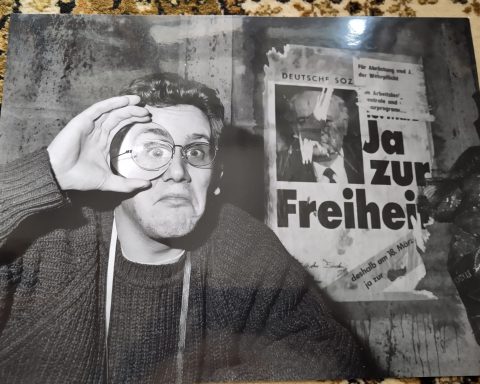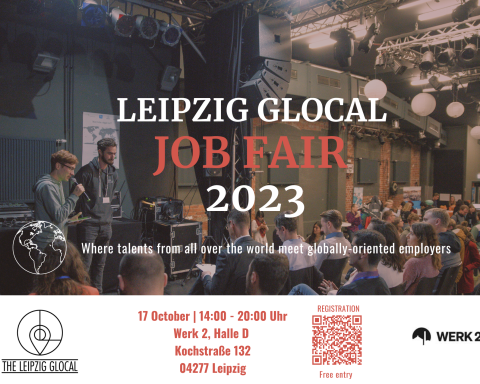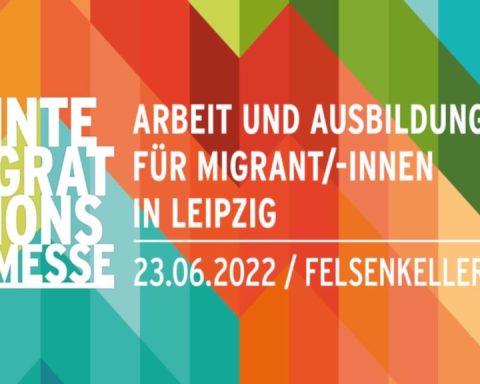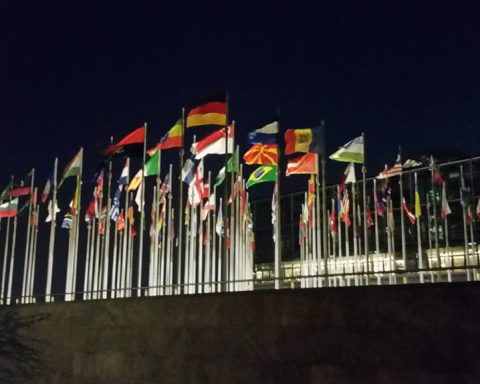Yesterday’s demonstrations marking the first anniversary of NoLegida/Legida were overshadowed by riots and violence by Neonazis in Connewitz. Shops, restaurants and phone booths were attacked with bricks by right-wing extremists. One building on Wolfgang-Heinze-Straße (extension of Karli towards Wildpark) was set on fire. The police arrested 250 people. Reports of similar incidents in Plagwitz could not be confirmed.
The City of Leipzig and its police were not unprepared. On 12 December 2015 parts of Südvorstadt resembled a civil war zone after violent anarchists used the pretext of a Nazi-demonstration to cause havoc. On 24 November 2015 Saxon State Minister for Justice Sebastian Gemkow (CDU) suffered an attack with butyric acid on his private home near the Federal Administrative Court. His baby was only a few months old and had to be treated in a hospital. According to the Saxon intelligence agency, this attack too was carried out by anarchists.
Despite the violence, around 3,000 people were peacefully demonstrating for diversity and a Europe of open borders. Yesterday’s attempt to create a chain of lights around Leipzig’s ring road was initiated by the former pastor of St Thomas Church, supported by mayor Burkhard Jung, as well as by most parties and the Protestant Church. Leipzig’s CDU (Christian Democratic Union) controversially refused to support the demonstration.
Legida was also attended by 3,000 people. Immigrants were described as ‘rapefugees’ and ‘sex terrorists’, in reference to the 400 cases of sexual assault reported in Cologne on New Year’s Eve. Although some of the people involved in the Cologne event were indeed asylum seekers, there has been no overall increase in the sexual assault rates in our region.
Commuters and shop owners will be pleased to hear that Legida no longer plans to carry out weekly demonstrations, but to meet only once a month.






